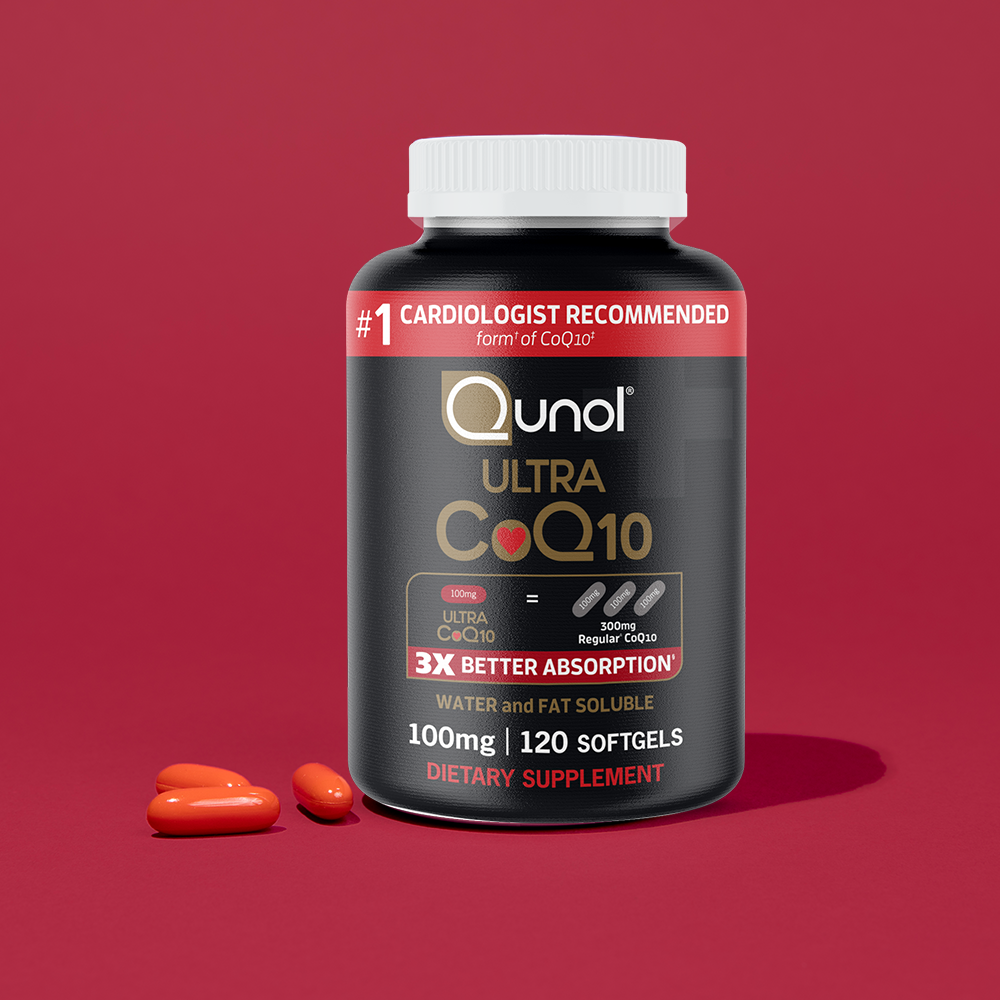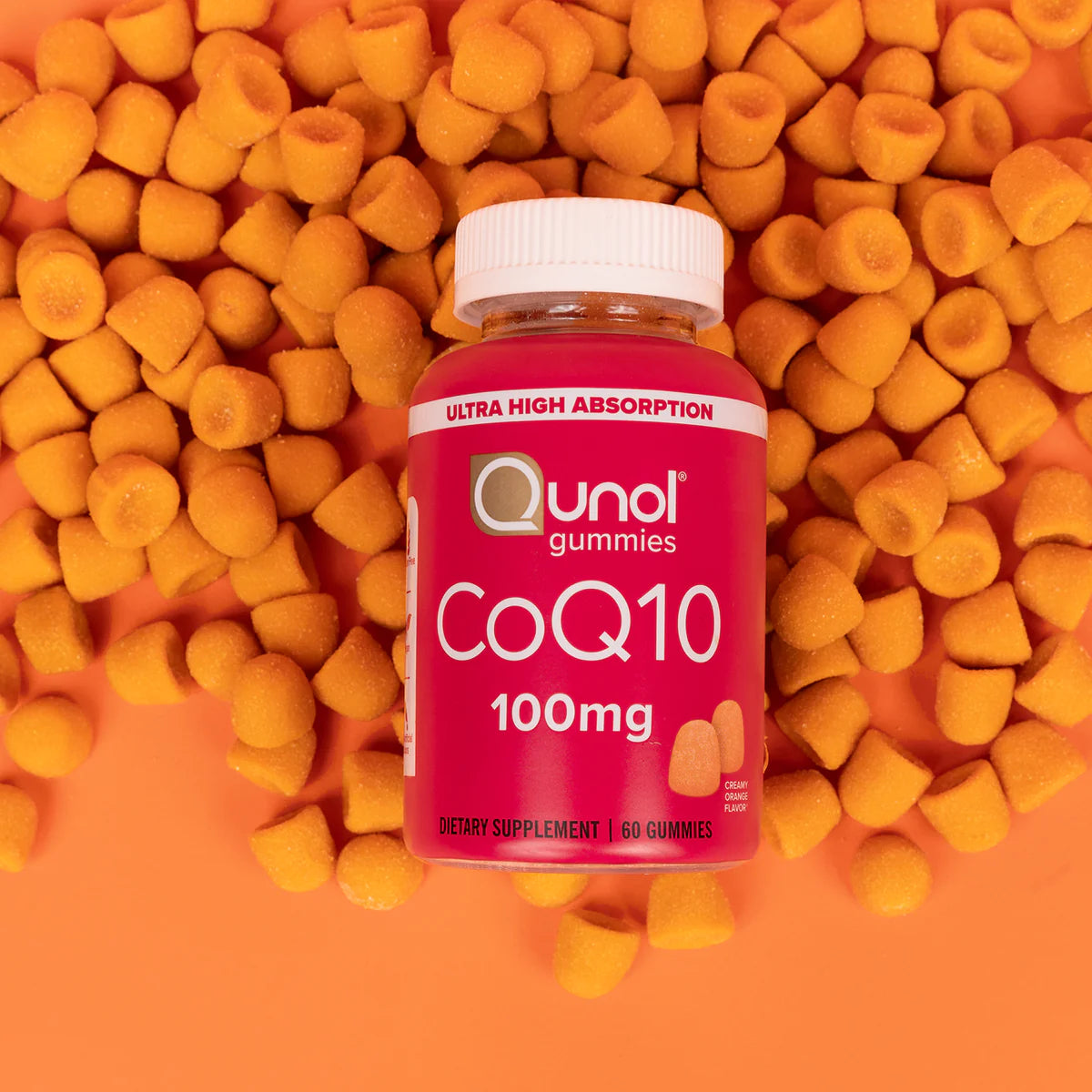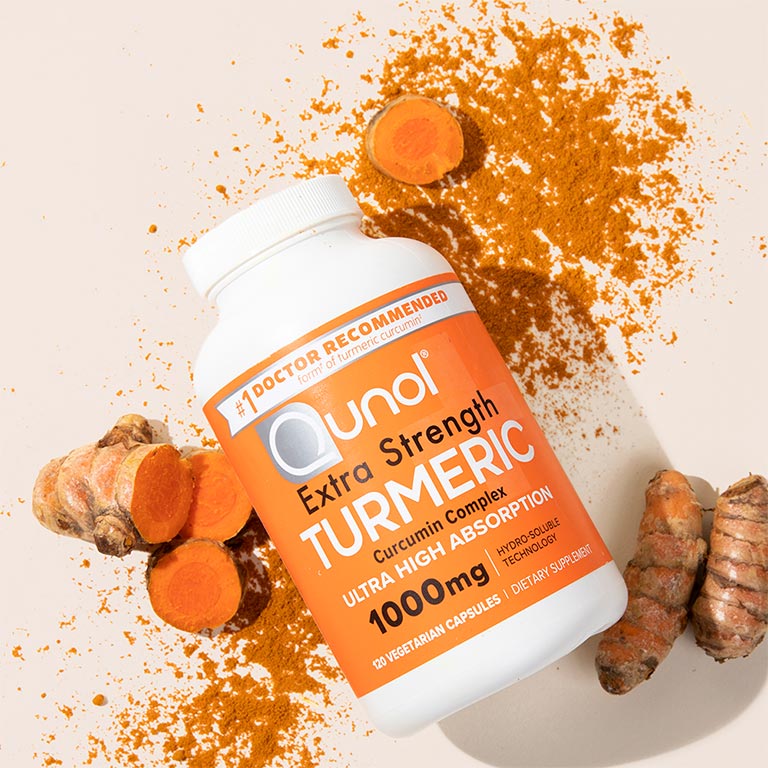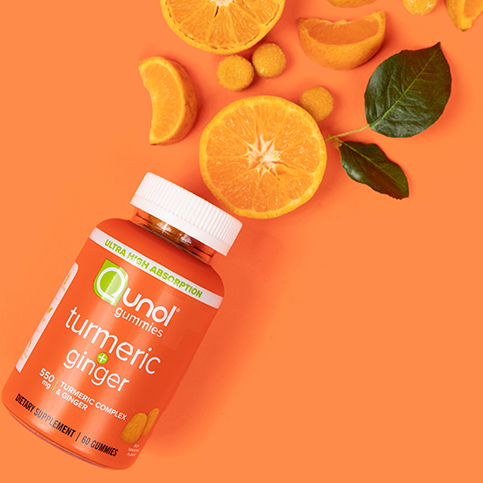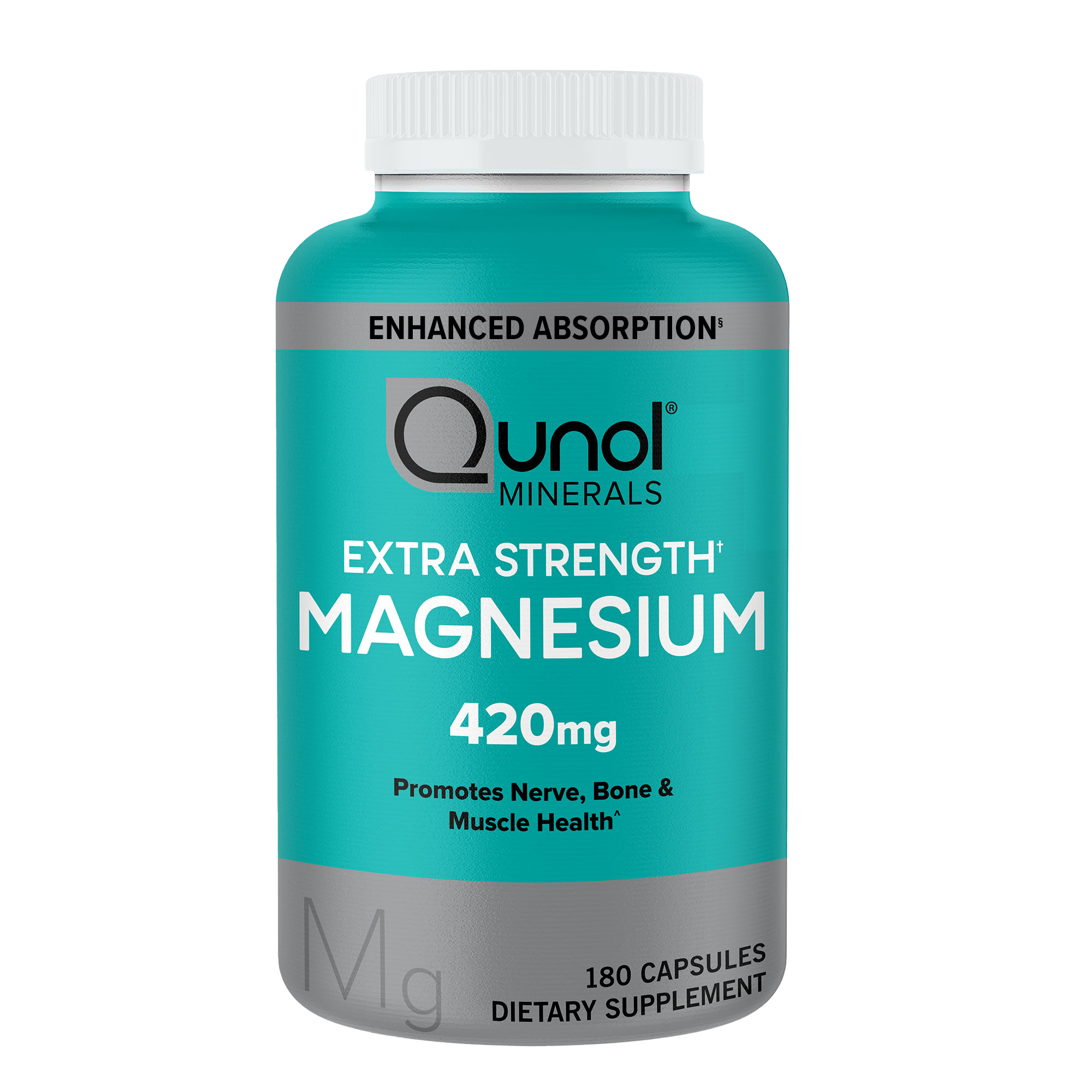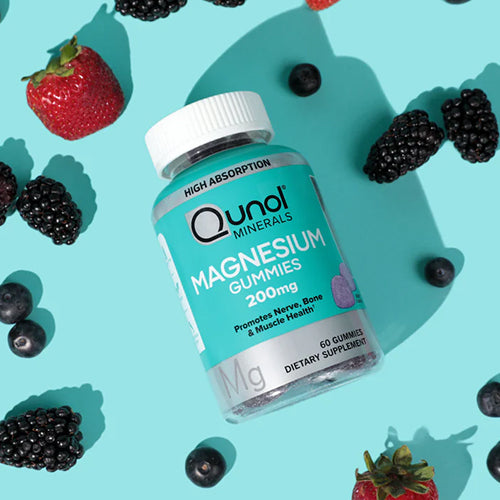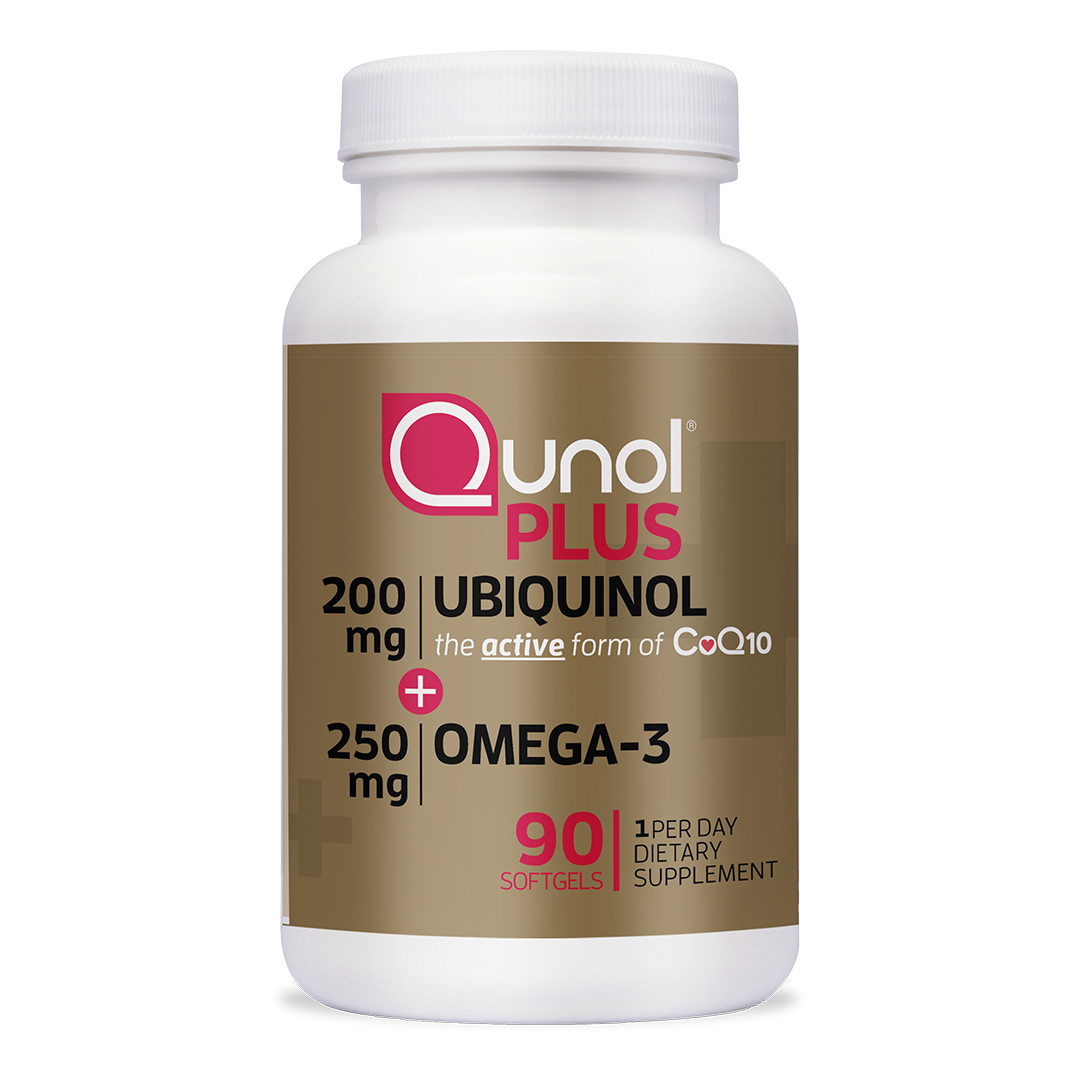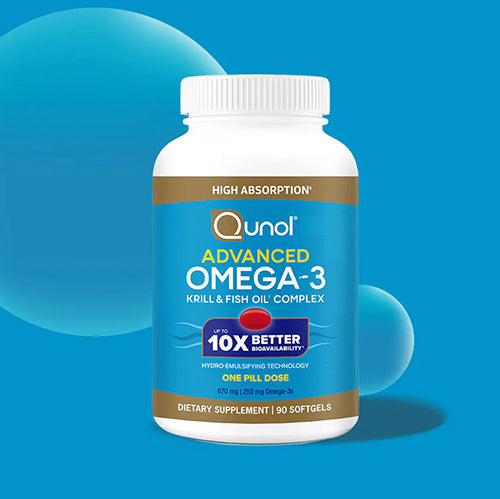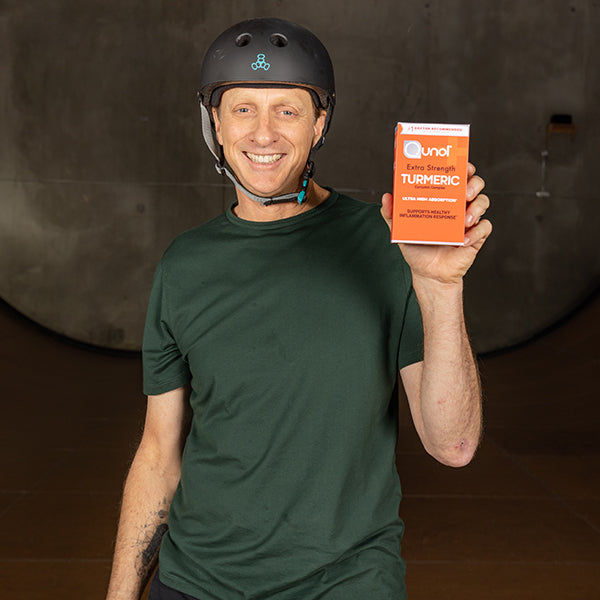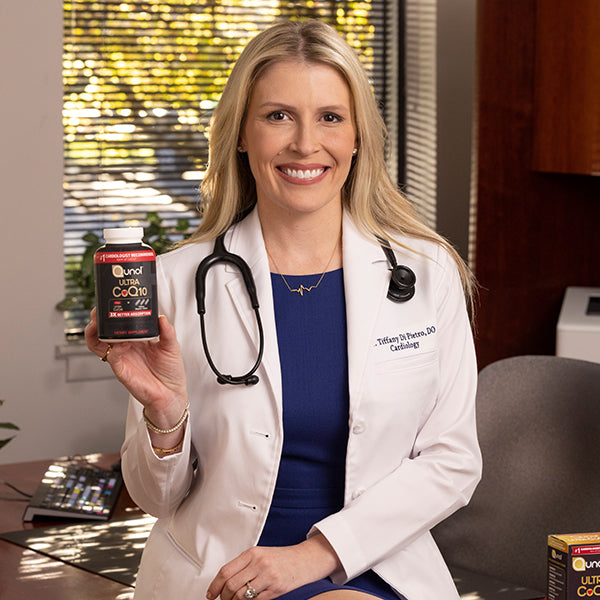
CoQ10 Exists in Your Body Primarily in Two Forms:
If you’ve been researching CoQ10, you have likely noticed that there are two forms of CoQ10 supplements available: ubiquinone and ubiquinol.
- Ubiquinone (the oxidized form of CoQ10)
- Ubiquinol (the reduced form of CoQ10)
Your body utilizes both forms of CoQ10 and is constantly converting between ubiquinone and ubiquinol depending on its current need.
Studies show that when we are young, our bodies synthesize ubiquinone well, converting it readily to ubiquinol. But as we get older, the body's ability to convert ubiquinone to ubiquinol can diminish. Ubiquinol supplements contain a form of CoQ10 that has already been converted to its antioxidant form, ubiquinol – the form that fights excess free radicals and can help protect the body's cells from damage.
Oxidation is a normal process both in nature and in the human body. We see it at work in nature when a sliced apple turns brown or when iron rusts. In the human body, excess oxidation can damage healthy cells. Our bodies are designed for this process and are constantly producing new cells to replace the old. However, as we age and are exposed to certain environmental factors, the oxidation process can overwhelm the body’s ability to cope with it. Oxidation can lead to the formation of excess free radicals, unstable molecules that can cause cell damage. Ubiquinol is a powerful antioxidant that helps fight against free radicals.
It's important to note that our Qunol Ultra and Mega are both water and fat-soluble and are better absorbed than a regular¹ form of CoQ10.
These statements have not been evaluated by the Food and Drug Administration. This product is not intended to diagnose, treat, cure, or prevent any disease.
1 Regular CoQ10 refers to unsolubilized ubiquinone in oil suspensions in soft gels and/or powder filled capsules/tablets

